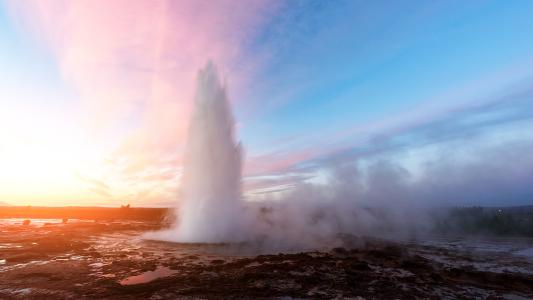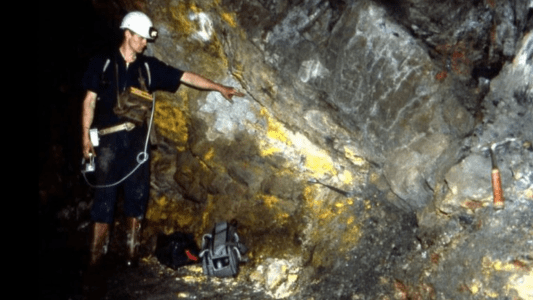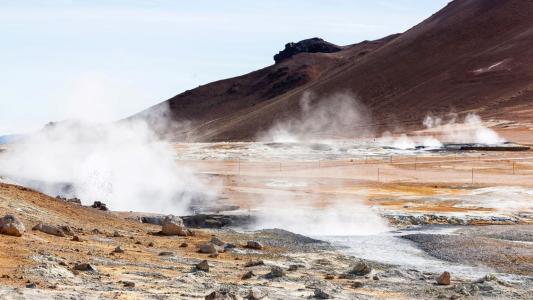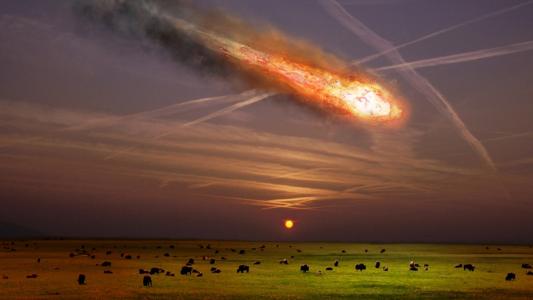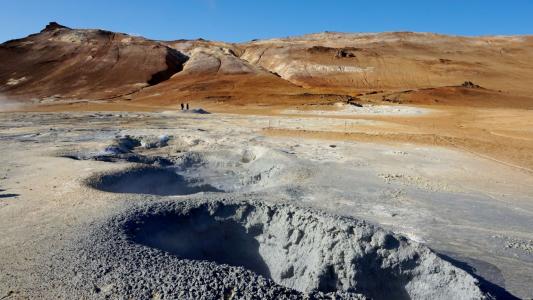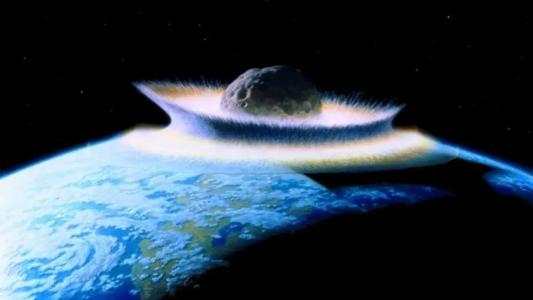Planet Earth
This rock-bending tech may change clean energy
A technology that stores energy underground could make enhanced geothermal systems more cost competitive.
1.7 billion years ago, Earth had a natural nuclear reactor
Seventeen natural sites possessing ancient nuclear reactions have now been found: evidence of Earth's first nuclear reactor.
This logarithmic view of the Universe will blow your mind
From here to the limits of what we can see, here's a breathtaking illustrated logarithmic view of the Universe.
Breakthrough in photosynthesis boosts plant growth up to 30%
In a small study, researchers have engineered soy plants to have higher yields thanks to improved photosynthesis.
A large solar storm could knock out the power grid and the internet
Typical amounts of solar particles hitting the earth’s magnetosphere can be beautiful, but too much could be catastrophic.
Bad news for the 2022 hurricane season: The Loop Current is coming
The Loop Current, a fueler of monster storms, is looking a lot like it did in 2005, the year of hurricane Katrina.
Tapping into the million-year energy source below our feet
Quaise Energy wants to repurpose coal and gas plants into deep geothermal wells by using X-rays to melt rock.
The cosmos can kill us in many ways. But the James Webb Space Telescope can help save us
Asteroid strikes, supernova explosions, and gamma-ray bursts are just a few of the ways the cosmos can kill us.
This is the damage a tiny speck of space debris can do at 15,000mph
A crater 5 inches deep was caused by something about the size and weight of an eraser on the end of a pencil.
What happens if the Solar System’s largest comet collides with Earth?
The asteroid that caused the last mass extinction 65 million years ago was only 5 kilometers across — tiny compared to this one.
